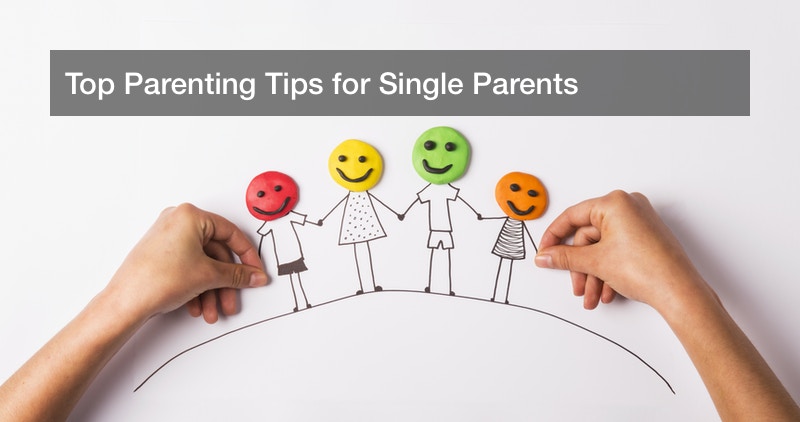Arizona State’s Tooker House Offers High-Tech Living To Engineering Students

For some, it can be difficult to keep up with the latest and greatest advancements in technology. After all, it seems like there’s at least one new gadget making headlines every day. But for engineering students at Arizona State University, it’s just become that much easier to keep up with technological trends. Now, their residence hall comes equipped with everything from 3-D printers to Amazon Echo Dot virtual assistants. Tooker Hall, a new facility meant to house 1,600 ASU engineering education students, recently opened with quite a bit of fanfare. Kyle Squires, the dean of Fulton Schools of Engineering at the university, explains what they’re trying to accomplish with the new digs.
“Innovation has a new home address at Tooker House,” said Squires to American School and University. “This mixed-use living and learning facility sets a new standard in engineering education and reflects the breadth and depth of the student experience at the largest engineering school in the nation.”
Essentially, the entire residence hall was designed with learning in mind. The ceilings, for instance, at first look to be unfinished. But a closer inspection will allow students to find out more about the structural inner-workings, including the mechanical and water systems installed there. There are also maker areas that are meant specifically for a place to collaborate on projects with other students; these areas have both 3-D printers and laser cutters. The Tooker House suites are fully furnished with hardwood style floors, solar blackout shades, and enough USB outlets to accommodate numerous devices. Considering that around 3 billion USB ports are shipped each year, the average engineering student will likely need quite a bit of connectivity. Luckily, Tooker House will also have enough bandwidth for each student to use four different devices at once.
Amazon even donated 1,600 Alexa-enabled virtual assistants, one for each Tooker House resident, to use as part of a program the university launched this year to enhance the learning experience. All of the students in the Fulton Schools of Engineering (the nation’s largest engineering school, with more than 20,000 students) will have the opportunity to enroll in courses that cover voice user interface development.
John Rome, ASU’s Deputy Chief Information Officer, said in a press release, “With voice-enabled devices becoming more prevalent in our connected world, it only makes sense to bring these capabilities to our campus. By working with Amazon to create the first voice-enabled campus, we’re furthering ASU’s position as the number one university in the U.S. for innovation.”

